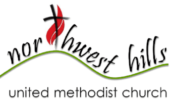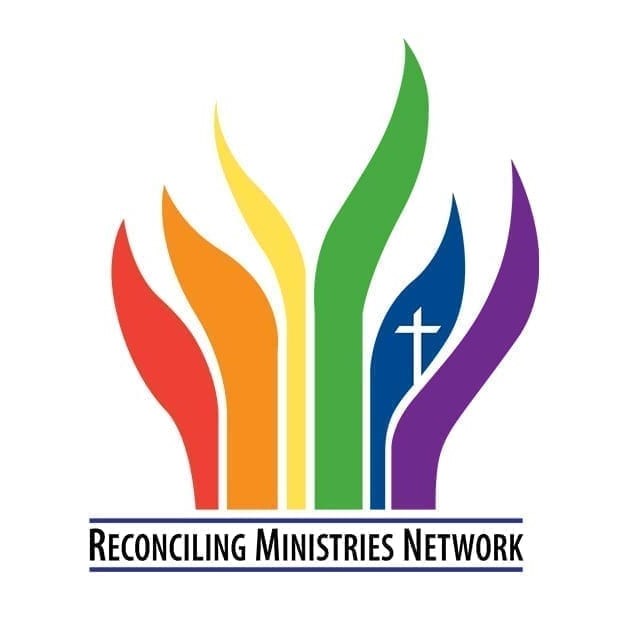Living Water Class
Currently Studying
A Short History of Nearly Everything – by Bill Bryson.
In A Walk in the Woods, Bill Bryson trekked the Appalachian Trail—well, most of it. In A Sunburned Country, he confronted some of the most lethal wildlife Australia has to offer.
Now, in his biggest book, he confronts his greatest challenge: to understand—and, if possible, answer—the oldest, biggest questions we have posed about the universe and ourselves. Taking as territory everything from the Big Bang to the rise of civilization, Bryson seeks to understand how we got from there being nothing at all to there being us. To that end, he has attached himself to a host of the world’s most advanced (and often obsessed) archaeologists, anthropologists, and mathematicians, travelling to their offices, laboratories, and field camps. He has read (or tried to read) their books, pestered them with questions, apprenticed himself to their powerful minds.
A Short History of Nearly Everything is the record of this quest, and it is a sometimes profound, sometimes funny, and always supremely clear and entertaining adventure in the realms of human knowledge, as only Bill Bryson can render it. Science has never been more involving or entertaining.
Previous Studies
The Genesis Trilogy: And It Was Good, A Stone for a Pillow, Sold Into Egypt
by Madeleine L’EngleWe are working on the second book in the trilogy “A Stone for a Pillow: Journeys with Jacob.” In this book for the curious, spiritual seeker, Madeleine L’Engle offers relevant lessons drawn from the life of Jacob from the Old Testament. Here, the son of Isaac becomes a spiritual companion to L’Engle, equipping her to deal with earthly and psychological struggles. Throughout her journey, L’Engle offers contemporary answers to questions that burden modern day readers and believers. With her customary fearlessness and candor, she broaches such topics as the significance of angels, redemption, sexual identity, forgiveness, and the seemingly constant conflict between good and evil. (Click on any of the titles to go to Amazon to find out more.)
The Universal Christ: How a Forgotten Reality Can Change Everything We See, Hope For, and Believe
by Richard Rohr ‘God loves things by becoming them,’ he writes, and Jesus’ life was meant to declare that humanity has never been separate from God – except by its own negative choice.
And It Was Good: Reflections on Beginnings
by Madeleine L’Engle Madeleine often crafted stories that dealt with the complexities of the universe, navigating time and space, religion and science, with uncanny ease and insight. This skill…is showcased in this nonfiction work, And It Was Good, through her ability to see the connection between Made and Maker at every level. She examines the vast beauty, order, and complexity of our world with enthusiasm and reverence, illuminating the characteristics of God, the first poet.

